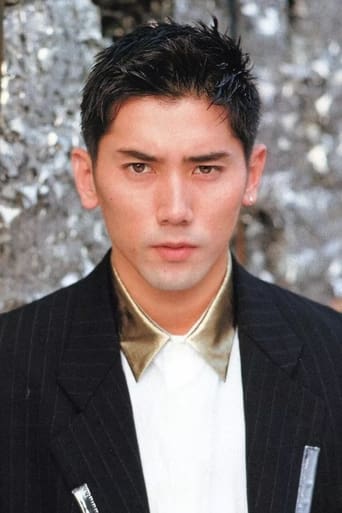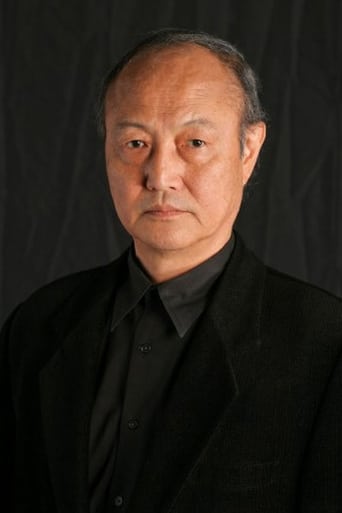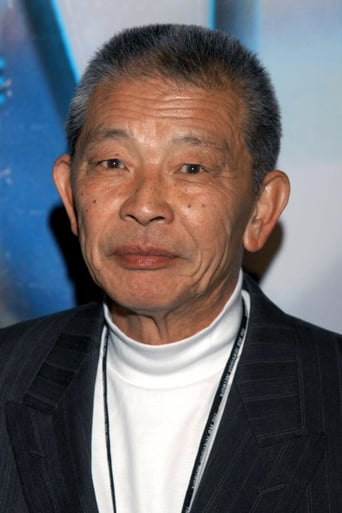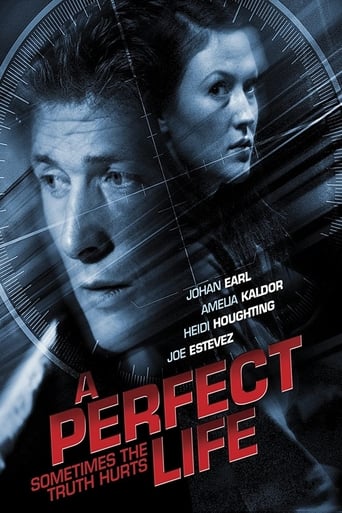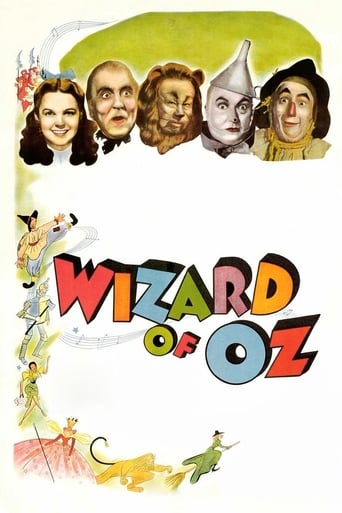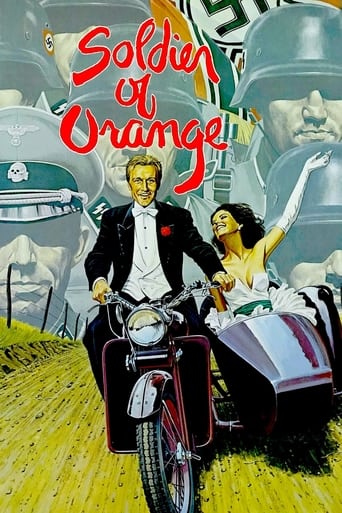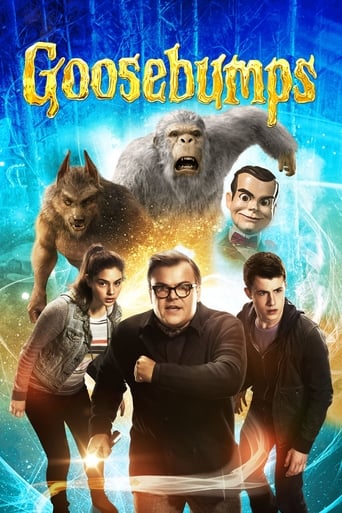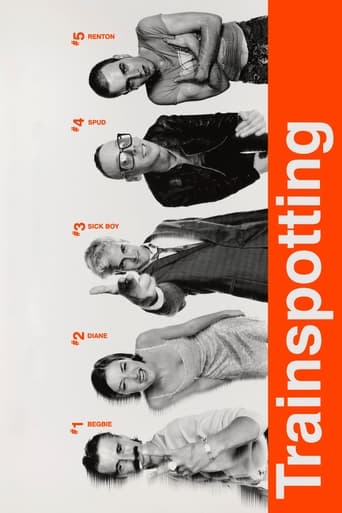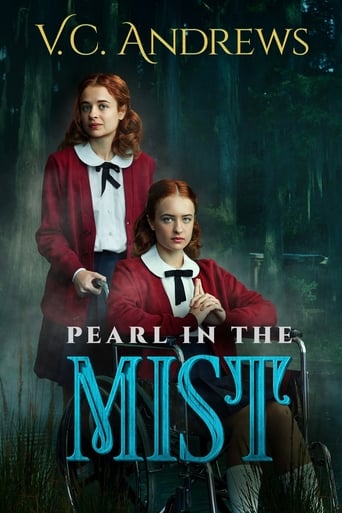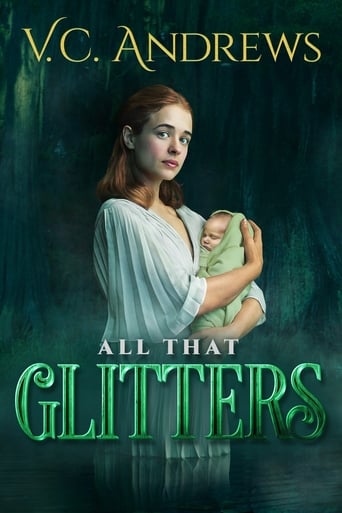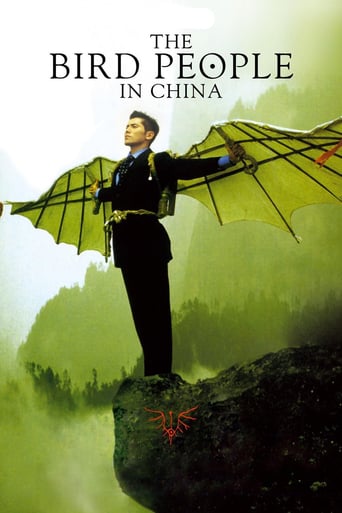
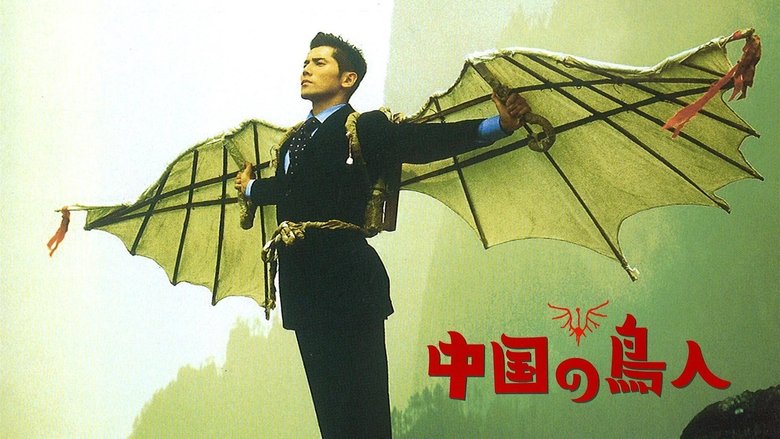
The Bird People in China (1998)
Wada, a salary man, is enlisted to venture off to China to investigate a potential Jade mine. After his arrival, Wada encounters a violent, yet sentimental, yakuza, who takes the liberty of joining his adventure through China. Led on their long and disastrous journey to the mine by Shen, the three men come across something even more magical and enticing.
Watch Trailer
Cast


Similar titles
Reviews
Sadly Over-hyped
Like the great film, it's made with a great deal of visible affection both in front of and behind the camera.
It's the kind of movie you'll want to see a second time with someone who hasn't seen it yet, to remember what it was like to watch it for the first time.
The story, direction, characters, and writing/dialogue is akin to taking a tranquilizer shot to the neck, but everything else was so well done.
This is the first Miike movie i have watched, and for me this is really work of art. The movie is very slow paced and even meditative at the times,which i like it the most, story is not to complicated, but it has the heart and the soul. Acting in the movie is amazing, my favorite character in the movie is Ujiie (the yakuza) played by Renji Ishibashi, he was so fun to watch, also Mako and Masahiro Motoki are great in their roles. The Landscapes of Yunnan gives me chills, i was amazed by beautiful landscapes, worth watching only because of that.I recommend this movie to everyone who loves Japanese/Asian cinema, nature and locations out of modern world, you will enjoy for sure.I am looking forward to see more movies from mister Takashi Miike.My grade: 8/10.
Bird People in China is a unique Miike film and possibly one of his best and most accessible for mainstream audiences. This film captures the imagination, makes you laugh and remember a part of humanity many of us have forgotten. It also serves as a meditation on progress and utopia. As well as the good and evil that comes with them. Of course all this is done in the pitch perfect Takashi Miike fashion. The film work is beautiful and much of the story is told visually.For me this is a film that touched me greatly and made me contemplate life in modern society. Of the many Takashi Miike films I like, this one stands somewhere at the top.If you liked this one and want more Miike in a similar vein, I suggest: 'Big Bang Love, Juvenile A' and 'Sabu'. For family film: 'The Great Yokai War', 'The Happiness of the Katakuris' and 'Zebraman'.Takashi Miike doesn't cease to amaze. 10/10 Stars
This film was a visual feast. I have not seen Miike's other films, although they are on my list of films to see, but I am well aware of his ultra-violent catalog and was pleased to see that was not at all the case with this film.The film moves along at a somber pace, unfolding just as it should through the absolutely beautiful landscapes of China. Along the way we are entertained by the company of two entirely different people: Mr. Wada (Motoki), a Japanese businessman, and Ujiie (Ishibashi), a Yakuza gang member. Both men were sent to a remote village in China to investigate the potential of acquiring jade from the village. Their reactions to the rough trip out to such a remote village are hysterical at times, and yet when they arrive they find themselves perplexed by what they ultimately discover.The film is really a reflection of the progression of mankind and just how much our perceptions of wealth and human value have changed over time. Confronted by such isolated beauty and tranquility, the men began to question their motives for arriving in the first place. It is clear that Ujiie truly understands what is at stake to be lost if they are to continue on with their business and it drives him to commit desperate acts in order to save what he sees as the impending loss of the villages cultural heritage and innocence.The paradox of the situation is brought to light by Mr. Wada, who understands how Ujiie feels, but points out that it is modernity that brought them to such a place to begin with. Really makes you think about the relationship between technological advances (which, in some cases, are what the villagers want) and the effect they will have on the way of life in these rural villages. Is modernity worth the loss of cultural heritage?
The Bird People in China is one of the most curiously engaging films yet made by Takashi Miike, mainly because it doesn't adhere to a set conventional palette to its characters or to how things will end up. What is for the first half a quest story for a young businessman, Wada (a good actor in Masahiro Motoki) and a grumpily, foul-mouthed gangster, Ujiie (Renji Ishibashi, who's been in several Miike movies and is outstanding here), who are both after a vein of jade that would be worth a lot to both of their employers, is not all it seems to be.This 'Sierra Madre' type of story gives way to it being a quest really for a psychological relief from the norms, while waiting for safe passage back to civilization, and really delves deep into what it means to find yourself more than happy in the middle of nowhere. The gift of flight becomes a captivating metaphor, sometimes used visually and sometimes kept at a distance, and also what cultural barriers, when broken (the divide between Japanese and Chinese is accentuated just enough, and there's an intelligent way of seeing 'the other' on both sides) can allow for wonderful things amid some previous dark moments.Like in a number of any given films I could mention, the supporting character- or rather 2nd lead here as case really is- is a little more fascinating than the main lead, this case being the yakuza's transformation being a lot more gripping for the viewer than the businessman. While the young Wada becomes infatuated with a song sung by a descendant of the original 'bird people' who came to and established this remote, primitive riverside village, and ends up (again, the 'other') translating it verbatim for his tape recorder, Ujiie has to face demons that come out eventually through his escapism.He's actually the first to become delighted into this strange world of these kids who are sort of the "shame" children of the village, possibly because of the past, or something else, and he becomes connected with them (there's a delightful couple of scenes where he has fun playing around with the kids by the riverside). But there's also the nightmares he always has- and once Miike shows us this nightmare it's evident, as an rapidly lit extended shoot-out between Ujiie and others, that it's a truly great dream scene in style and content- and they come out as safe passage seems possible. Ishibashi plays this man with a level of dark humor early on, albeit with an incredibly ticked-off side to his yakuza nature, and then as life in the village goes on around him, he changes dramatically as his character views not even on if killing is right or wrong or whatever, but that the whole planet is doomed, and that a village like this is as sacred as the possibility to be apart of the bird people. The catharsis, maybe more than any other in a Miike movie (at least a non-satire) is staggeringly good.But it's not only the characters in the Bird People in China that are compelling, though even the role most limited (the girl Si-Chang) is set mostly to sing her quasi Irish folk song as part of Wada's infatuation, and for most of the first half there's the usual craziness found in practically all of Miike's movies with his characters at one point indulging in toads for hallucination (a very funny scene), and the gimmick of the Chinese/Japanese guide gets knocked out memory-wise only to regain it later on. Miike, with his great collaborator Hideo Yamamoto, crafts his film visually as if he were emulating Herzog, which is never a bad thing if done well and right. While there isn't that same sense of poetry (with some exceptions of course), it's always wonderful to look at, sometimes with his camera making his characters seem like specks in the village, or in heightening the strange (the dream scene) and the fantastical (the silly CGI shot of the turtles pulling the raft), and in a sort of magnificence when we see quieter moments (Wada pretending to be asleep around the paranoid yakuza) and the power of possible flight.Beneath Miike's occasional tendencies for tawdry exhibition and ultra-violence in his films, he has a gift for digging into characters that in any other screenplay would be perfunctory or just throwaways, and revealing them in ways that only he can do. This time is also of note because it's not a satire or gonzo exercise either, but something complex about human nature in adaptability to environments and going for something more than the usual (dreams). And as well with Miike, he has one of the great eyes of any Japanese filmmaker, and I'm sure I would count some specific shots in the film as being some of the best from the 90s too. It may have its sentimental lodgings sometimes, and it goes a little long on the section of Wada with the translations, but there's often a lot with it being a superlative tragic-comedy; a very good work that will make you look at the filmmaker just a wee bit differently than usual.


